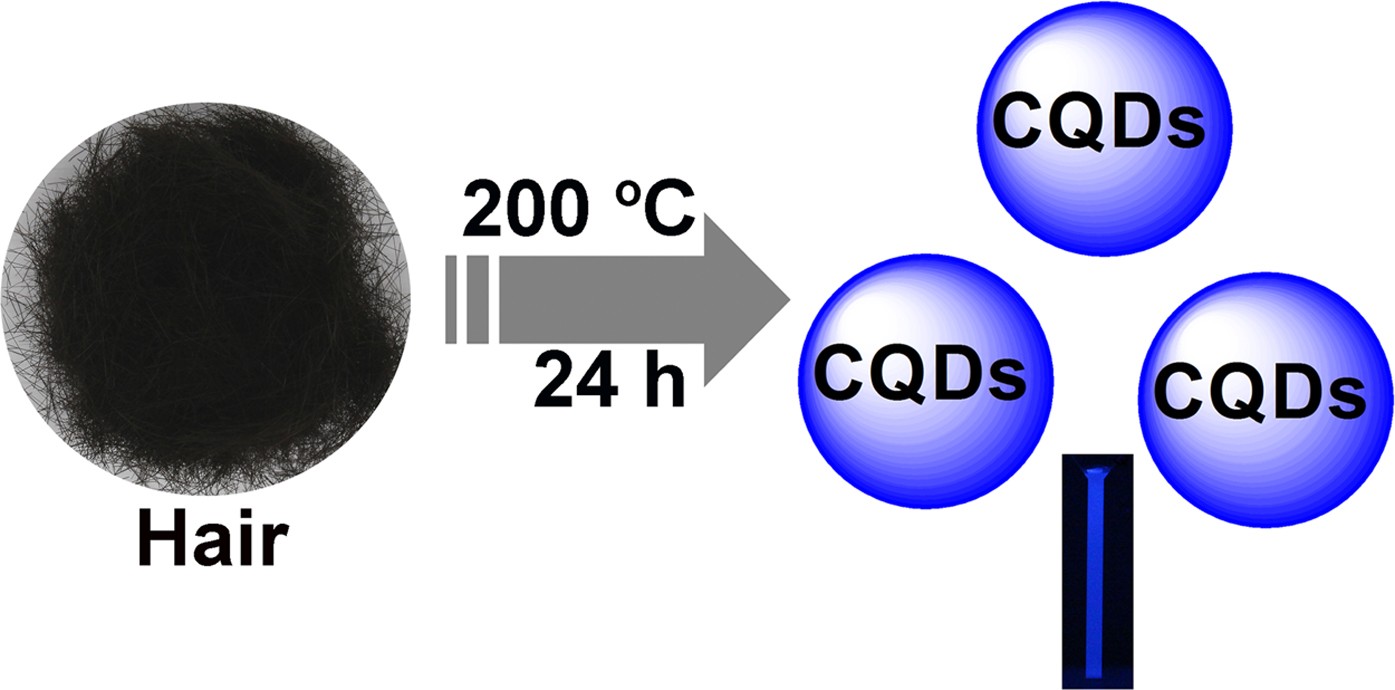

Although hirsutism is generally associated with hyperandrogenemia, one-half of women with mild symptoms have normal androgen levels. Work with your doctor to find the best course of treatment for you.Hirsutism is excess terminal hair that commonly appears in a male pattern in women. Your hair may improve once you treat the underlying condition.

If an underlying medical problem is causing your dry hair, your doctor may recommend medications or other treatments to address it. You should protect your hair from chlorine and salt water by wearing a bathing cap when swimming in a pool or the ocean. If you live in a dry climate, wear a hat when you go outdoors and avoid long-term exposure to dry or windy air. Protecting your hair from heat and sun exposure is also important. You can also apply hair oils or leave-in conditioners to add luster and softness.īrowse a selection of hair oils and leave-in conditioners online. Try washing your hair once or twice a week instead.
Avoid flat irons, curling irons, and electric rollers.ĭaily shampooing can rob your hair of its protective oils and lead to dryness. Use a shampoo and conditioner that are meant for your hair type.  Condition your hair every time you wash it. In many cases, you can treat dry hair through simple lifestyle changes. Low copper absorption affects the health of your hair, causing dryness. Menkes syndrome: If you have Menkes syndrome, a rare genetic condition, your cells don’t absorb enough copper. Dry and brittle hair is one of the early symptoms of this condition. Hypothyroidism: With hypothyroidism, your thyroid glands don’t produce enough thyroid hormones. Calcium is a key nutrient for healthy hair, as well as bones, teeth, and other tissue.
Condition your hair every time you wash it. In many cases, you can treat dry hair through simple lifestyle changes. Low copper absorption affects the health of your hair, causing dryness. Menkes syndrome: If you have Menkes syndrome, a rare genetic condition, your cells don’t absorb enough copper. Dry and brittle hair is one of the early symptoms of this condition. Hypothyroidism: With hypothyroidism, your thyroid glands don’t produce enough thyroid hormones. Calcium is a key nutrient for healthy hair, as well as bones, teeth, and other tissue.  Hypoparathyroidism: If you have hypoparathyroidism, the parathyroid gland in your neck produces too little parathyroid hormone, which decreases the level of calcium in your blood. It can cause dry and brittle hair, along with more serious complications. Anorexia nervosa: An eating disorder, anorexia nervosa can lead to malnutrition. In some cases, dry hair is the result of an underlying health problem that affects your hair’s ability to retain moisture. using electric curling irons, straighteners, or curlers. using harsh shampoos, conditioners, or styling products. Hair care practices that often contribute to dry hair include: frequently swimming in chlorinated or salty water. spending a lot of time in the sun or wind. Some of the environmental conditions that can cause dry hair include: A variety of factors can lead to dry hair, including environmental conditions, hair care habits, and your physical health.
Hypoparathyroidism: If you have hypoparathyroidism, the parathyroid gland in your neck produces too little parathyroid hormone, which decreases the level of calcium in your blood. It can cause dry and brittle hair, along with more serious complications. Anorexia nervosa: An eating disorder, anorexia nervosa can lead to malnutrition. In some cases, dry hair is the result of an underlying health problem that affects your hair’s ability to retain moisture. using electric curling irons, straighteners, or curlers. using harsh shampoos, conditioners, or styling products. Hair care practices that often contribute to dry hair include: frequently swimming in chlorinated or salty water. spending a lot of time in the sun or wind. Some of the environmental conditions that can cause dry hair include: A variety of factors can lead to dry hair, including environmental conditions, hair care habits, and your physical health.








 0 kommentar(er)
0 kommentar(er)
